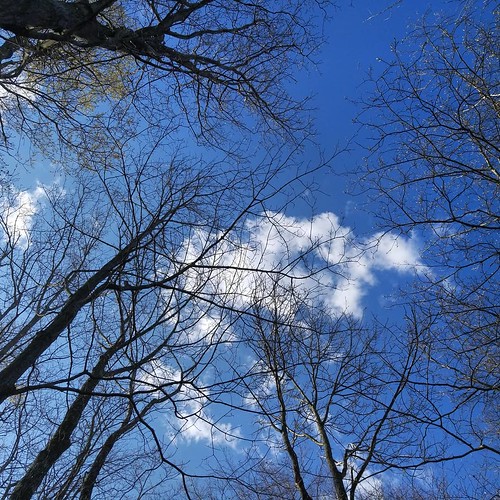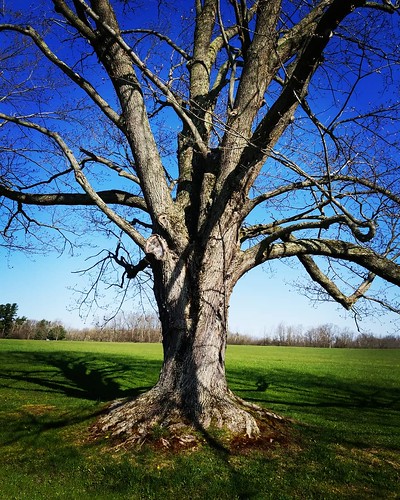Meanwhile, in America, yet another demonstration of why Colin Kaepernick took the knee, a simple act that got him run out of the NFL.
He was right.
 |
| Just over a minute into flight. |
 |
| At left, the second-stage engine firing; at right, the first stage's re-entry rockets firing. More than any aspect of this launch, this blew my mind. |
 |
| They briefly lost the signal from the ship where the first stage was to land, alas! But they got it back to show the first stage having successfully landed. At right, our astronauts in their capsule. |
 |
| Second stage separation. |
 |
| The second stage falls farther and farther behind. Ahead, Earth orbit and ISS rendezvous! |
Memorial Day, for all its solemnity, has for me always been something of a distant holiday, because no one close to me has ever fallen in war, and in fact I have to look pretty far for relatives who have even served in wartime. Both of my grandfathers fought in World War I, but both had been dead for years when I was born. I know that an uncle of mine served during World War II, but I also know that he saw no action (not to belittle his service, but Memorial Day is generally set aside to remember those who paid the "last full price of devotion"). My father-in-law served in Viet Nam, but my own father did not (he had college deferments for the first half of the war, and was above draft age during the second). So there is little in my family history to personalize Memorial Day; for me, it really is a day to remember "all the men and women who have died in service to the United States".
One personal remembrance, though, does creep up for me each Memorial Day. It has nothing at all to do with my family; in fact, I have no connection with the young man in question.
When I was in grade school, during the fall and spring, when the weather was nice, we would have gym class outdoors, at the athletic field. On good days we'd play softball or flag football or soccer; on not-so-good days we'd run around the quarter-mile track. But the walk to the athletic field involved crossing the street in front of the school and walking a tenth of a mile or so down the street, past the town cemetery. I remember that at the corner of the cemetery we passed, behind the wrought-iron fence, the grave of a man named Larry Havers was visible. His stone was decorated with a photograph of him, in military uniform. I don't recall what branch in which he served, nor do I recall his date-of-birth as given on the stone, but I do recall the year of his death: 1967. I even think the stone specified the specific battle in which he was killed in action, but I'm not sure about that, either.
That's what I remember each Memorial Day: the grave of a man I never knew, who died four years before I was born in a place across the world to which I doubt I'll ever go. And in the absence of anyone from my own family, Mr. Havers's name will probably be the one I look for if I ever visit that memorial in Washington. I hope his family wouldn't mind.

Know, all who see these lines,
That this man, by his appetite for honor,
By his steadfastness,
By his love for his country,
By his courage,
Was one of the miracles of the God.
-- Guy Gavriel Kay
When Mount St. Helens erupted on the morning of May 18, 1980, the sonic boom struck our south windows. Ashes did not come here at that time but covered land to the east all across the State of Washington into Montana. Ashes continued to travel all around the world, landing lightly on our house a week later, after their journey all around our planet. In my Mount St. Helens Symphony I have tried to suggest a musical tribute to the sublime grandeur and beauty of Mount St. Helens and the surrounding majestic Cascade Mountains.
In the waiting throng beyond the cottage, Taran glimsed Hevydd, Llassar, the folk of the Commots, Gast and Goryon side by side near the farmer Aeddan, King Smoit towering above them, his beard bright as flame. But many were the well-loved faces he saw clearly only with his heart. A sudden burst of cheering voices greeted him as he took Eilonwy's hand tightly in his own and stepped through the door.
And so they lived many happy years, and the promised tasks were accomplished. Yet long afterward, when all had passed away into distant memory, there were many who wondered whether King Taran, Queen Eilonwy, and their companions had indeed walked the earth, or whether they had been no more than dreams in a tale set down to beguile children. And, in time, only the bards knew the truth of it.



